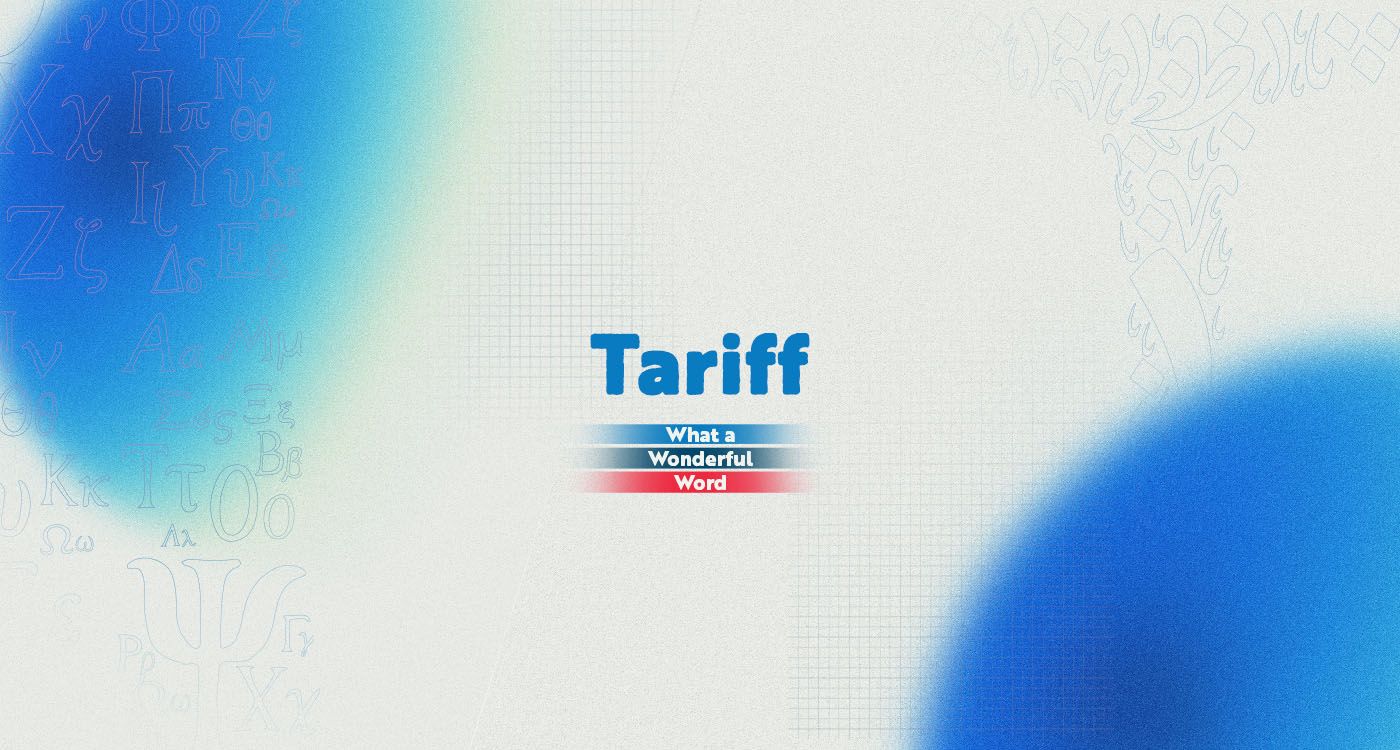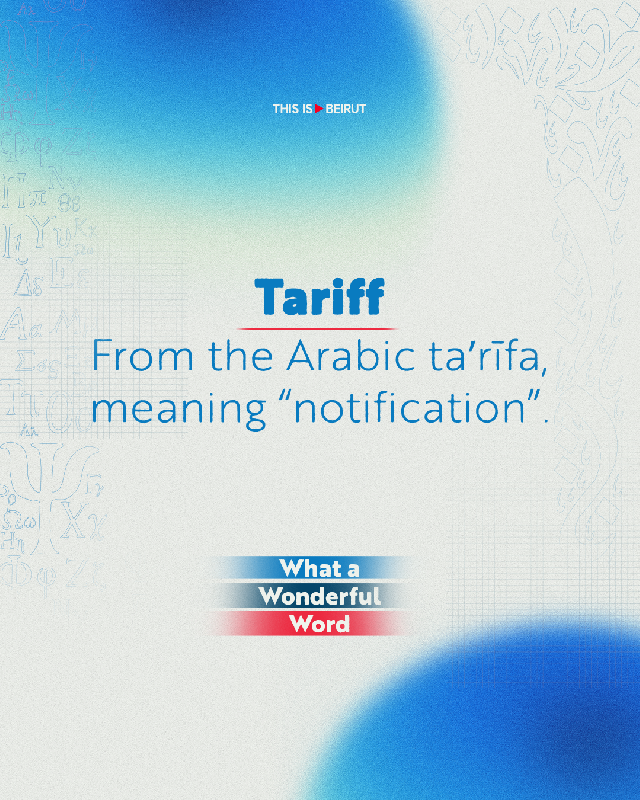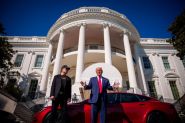
Once a tool for listing dues in medieval trade, the word “tariff” has become a symbol of sovereignty, structure and control – spanning global commerce to prison terms. Its journey from Arabic to modern English reflects a broader story of how we quantify the cost of things… and people.
Since his return to the White House in January 2025, Donald Trump has revived the rhetoric of trade wars, invoking the word “tariff” at every turn. Whether announcing new import taxes on European goods or boasting of protecting American jobs, he treats tariffs not just as economic levers but as symbols of strength.
Yet beneath this hardline rhetoric lies a long and complex history, one that reflects both knowledge and exchange, as well as control and conflict. Where does this seemingly technical word come from, and how did it find its way into our everyday lives?
From Knowledge to Cost: An Unexpected Origin
The journey of the word “tariff” begins not in Wall Street boardrooms or trade negotiation tables, but in the Arabic language. The term derives from taʿrīfa, meaning “to inform” or “notification.” In medieval Arabic usage, it referred to a table or list used to communicate fees or dues to be paid – an instrument of clarity and transparency.
Through Mediterranean trade, the word passed into Italian (tariffa), then Spanish (tarifa), and finally entered English via French in the late 16th century. The earliest recorded use of “tariff” in English (1591) referred not to a tax but to a kind of arithmetic table, a “ready reckoner” used to estimate charges.
By the 17th century, it came to mean a government-imposed tax on imports or exports.
Interestingly, the Spanish port city of Tarifa, located at the strategic Strait of Gibraltar, is sometimes associated with the origin of the word, possibly due to its historical role in levying tolls on passing ships during the Moorish period. However, most linguistic scholars agree that the resemblance is largely coincidental, and that the Arabic verbal root is the true source.

Beyond Trade: Energy Bills and Prison Time
Yet “tariff” has never been limited to taxes. In modern British English, the term also refers to price lists for services: energy tariffs, hotel room rates, mobile data plans. It reflects cost standardization – a way to structure and make consumption more transparent.
In UK legal parlance, “tariff” has taken on a darker tone: it refers to the minimum sentence imposed for a crime, particularly in the case of life imprisonment.
From pricing to punishment, the word has migrated across domains, always retaining a core idea: the imposition of a fixed scale – economic, legal, or even moral.
A Word of Power
Whether shouted at campaign rallies or printed on electricity bills, all these uses share a common logic of classification. A tariff doesn’t just state a price, it defines a relation: between state and citizen, between provider and consumer, between individual and system. The word “tariff” has become a symbol of how societies manage what is owed: by whom, to whom, and at what cost.
Far from being a dry economic term, it reflects a society obsessed with measurement and control. Whether it applies to international trade or everyday services, the word “tariff” embodies the intersection of money, policy and power.





Comments